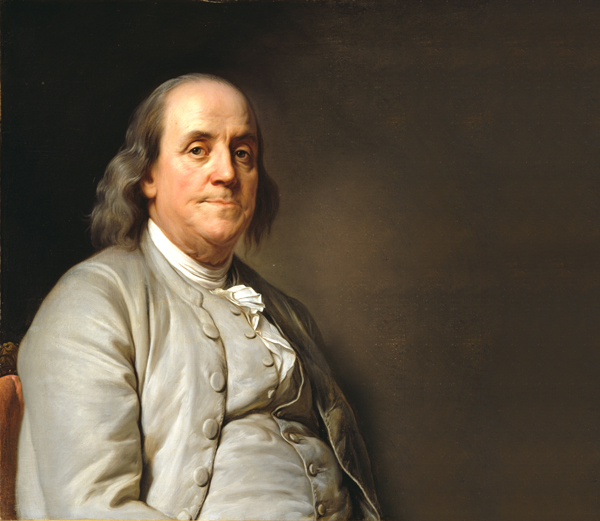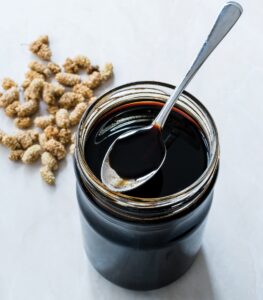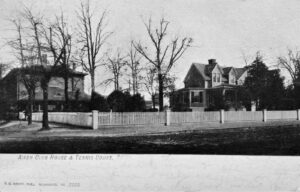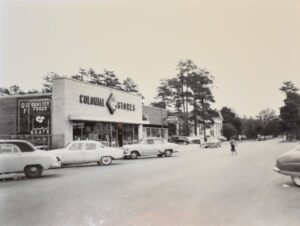It took an act of Congress and six years to make the bald eagle our national bird. In a letter to his daughter in 1784, Benjamin Franklin complaint was not that it took so long to accomplish this feat (some things about Congress haven’t changed much), but that the turkey was a more deserving creature to earn
that honor.
“For in Truth the Turkey is in Comparison a much more respectable Bird and withal a true original Native of America… He is besides, though a little vain & silly, a Bird of Courage, and would not hesitate to attack a Grenadier of the British Guards who should presume to invade his Farm Yard with a red Coat on.”
What if Ben had gotten his wish? The turkey would now grace the face of the Great American Seal!
In His Defense
Franklin had a few things going for his argument. The wild turkey is a cunning, brightly plumed bird. The male, or tom, drags his wings and spreads his glorious tail feathers when proudly strutting. His head can turn red, white, or blue when he’s excited or ready to fight, so this bird’s got the patriotic color combo down. It’s just a little difficult to look past his snood. That fleshy skin that dangles over his beak ruins the stately look a national bird ought to have.
And over 4,000 white turkey feathers were dyed yellow to make Big Bird’s costume. That’s about as American as apple pie and baseball.
It’s doubtful we would describe our national bird as the “soaring turkey,” as we do the eagle. But he is quite the master of many sounds. Tom Turkey can gobble, yelp, kee kee, cluck, purr, putt, cutt, cackle, and whine.
Changes
Since a young turkey is called a “jake”, would we then call our men in uniform GI Jake? Would the Turkey Trot be our national dance? Would we have to say “you’re talking eagle” instead of “talking turkey”? We could no longer call an undesirable person a “turkey,” but at the bowling alley we’d probably still call three strikes in a row one.
A typical Thanksgiving dinner would look like this: Hungry family and friends gather around the table for the blessing. Eyes are on the steaming turkey platter and the butter sliding down the pile of mashed potatoes. Grandpa marches in with the American flag while wiggling kids tug on parental pant legs. Grownups salivate as they solemnly state the Pledge of Allegiance. Cousins Todd and Gwen are given the raised-eyebrow from Aunt Jan when they plop down on their chairs and grab forks. They pop up on their feet. There is no more steam drifting up from the turkey. The group around the table sings the National Anthem before carving the National Bird while the dog howls at the high notes. At last, chairs skid back and the hungry crowd sits down. Alas, the turkey is cold.
Anyway…
Mr. Franklin, your diplomacy during the Revolutionary War helped us win our freedom from the Redcoats. Your stove warmed our homes and bifocals helped us see well. You were a man of vision and foresight, yet you desired the less majestic wild turkey over the bald eagle for our National Bird. What charmed you about this critter? Could it be you saw something others failed to see, or, as in many of your writings, was the letter to your daughter a tongue-in-cheek statement about Congress finally making a decision?
Now that’s talkin’ turkey.
Franklin’s Fabulous Feats
>> Printed first political cartoon in his newspaper, The Pennsylvania Gazette
>> Authored Poor Richard’s Almanack, full of wise sayings
>> Initiated projects to clean, pave, and light Philadelphia’s streets
>> Help start the first national subscription library
>> Organized Philadelphia’s Union Fire Company
>> Helped form the first fire insurance company in Philadelphia
>> Invented swim fins, bifocals, and the Franklin Stove
>> Experimented with lightning and invented the lightning rod
>> Was elected to the Second Continental Congress
>> Worked on drafting the Declaration of Independence
>> Helped get France to sign The Treaty of Alliance to help the United States
>> Signed the Treaty of Paris after the American Revolution
>> Served as a delegate to the Constitutional Convention and signed the Constitution
>> Wrote an antislavery treatise in 1789
 Phyllis Maclay is a published writer of articles in Country Woman Magazine, Parent Magazine, Easy Street Magazine, and Lancaster, Pennsylvania, newspapers. Originally from Pennsylvania, Phyllis moved to Aiken from South Texas. She has published children’s plays and her novel, A Bone for the Dog, a chilling story of a father trying to rescue his little girl, is available at Booklocker.com and through her FB page. Her story, Sweet Brew and a Cherry Cane, appears in the anthology Nights of Horseplay by the Aiken Scribblers.
Phyllis Maclay is a published writer of articles in Country Woman Magazine, Parent Magazine, Easy Street Magazine, and Lancaster, Pennsylvania, newspapers. Originally from Pennsylvania, Phyllis moved to Aiken from South Texas. She has published children’s plays and her novel, A Bone for the Dog, a chilling story of a father trying to rescue his little girl, is available at Booklocker.com and through her FB page. Her story, Sweet Brew and a Cherry Cane, appears in the anthology Nights of Horseplay by the Aiken Scribblers.
























